| বাংলায় পড়ুন | Researchers and Reporters: Tanjil Fuad Ayesha Akhter |
The modern job market constantly offers new employment opportunities. Globally, there is a growing need for occupations like freelancing. In the present situation, a student struggles with various issues regarding his career choices. To help you choose your career, we will discuss full-time, part-time, and freelance work in detail today.
Freelancing
Freelancing is a self-employed occupation. A person joins a project by contacting other people or organizations directly to work on it and offer services in return for a set fee. A freelancer works on a project or contract basis for several clients or businesses. The profession is temporary. Here, all of the work is contract- or project-based. Freelancers can choose their work schedule and location because any particular employer does not bind them.
The Benefits and Drawbacks of Freelancing
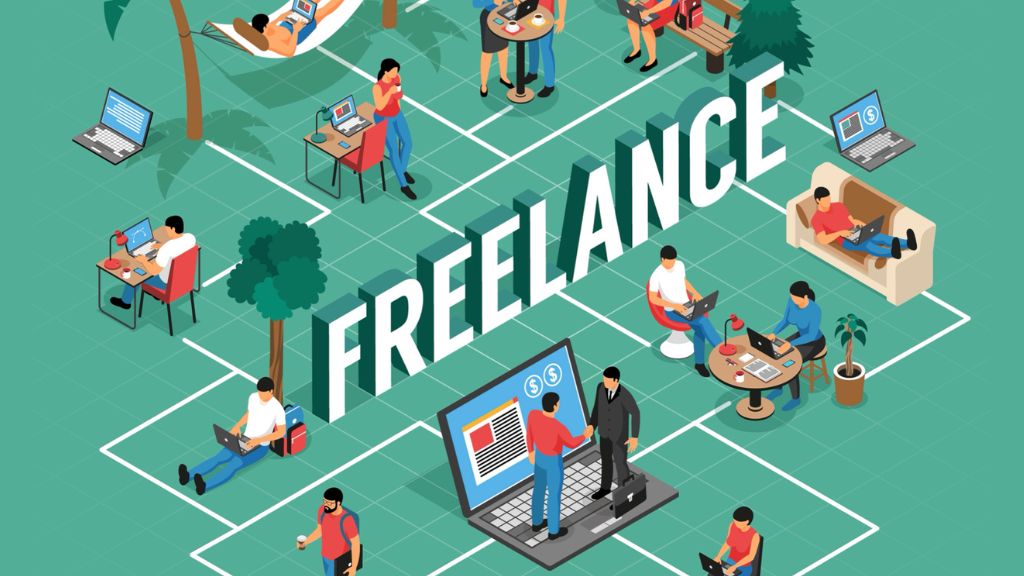
An image of the freedom and challenges of freelancing. | Photo collected.
Having the freedom to choose your own work schedule and location is the greatest benefit of freelancing. Once more, independent contractors are free to select the projects and clientele they want. This allows them to work in a method that best fits their interests and skill set. Working as a freelancer can earn more than a regular full-time employment. Because they can work with clients from around the globe, freelancers can expand their networks.
But there are plenty of drawbacks to freelancing as well. For many people, the first major issue with freelancing is that it is not permanent employment. Again, locating clients takes a lot of time for freelancers. There are few career resources and possibilities for career progression available to freelancers. Freelancers are not entitled to job benefits like retirement plans or health insurance. For those who are new to the sector, applying for freelance jobs frequently requires a good portfolio and experience, which might be difficult.
Part-time Jobs
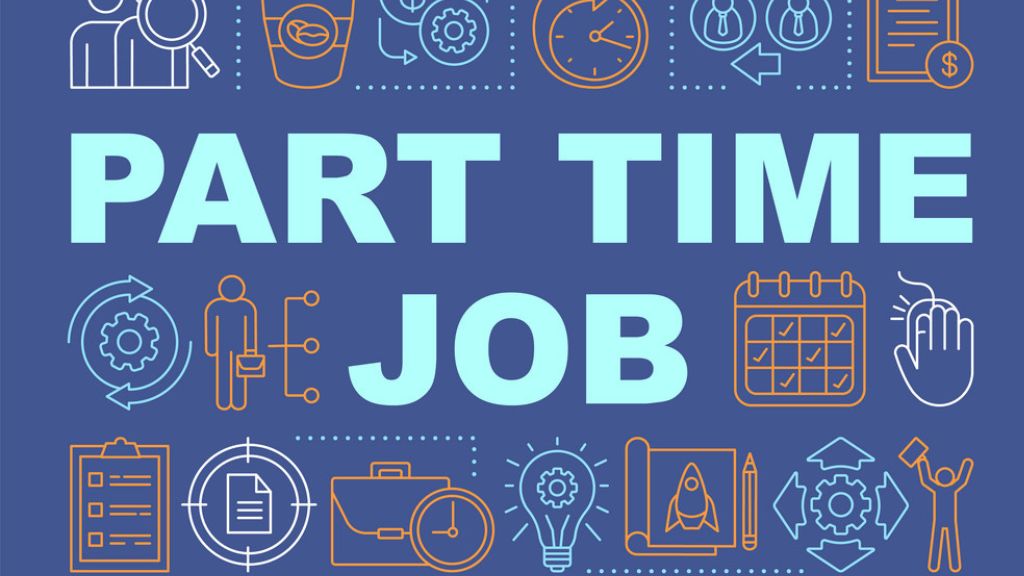
Part-time job: Advantages and opportunities. | Photo collected.
In a part-time job, an individual works fewer hours per week than they would in a full-time position. obtaining a part-time job and obtaining a full-time job are two quite distinct processes. While working part-time will help you gain experience that will help you find a full-time job, it does not offer the same rewards or prospects for professional progression as full-time work.
The benefits and drawbacks of part-time work
Working part-time has several benefits. Part-time jobs, for particulars, let you get experience, build your resume, get ready for full-time work, and expand your network. Students can easily manage their studies and other tasks when they work part-time jobs because they have a set routine. Once more, the funds earned from part-time work assist students in becoming financially independent. Opportunities to work full-time in the same organization may arise if part-time jobs do well.
But there are drawbacks to working part-time as well. For instance, part-time jobs do not offer advantages like retirement plans and health insurance. People with part-time jobs typically aren’t allowed to be involved in any company decision-making.
Full-time job
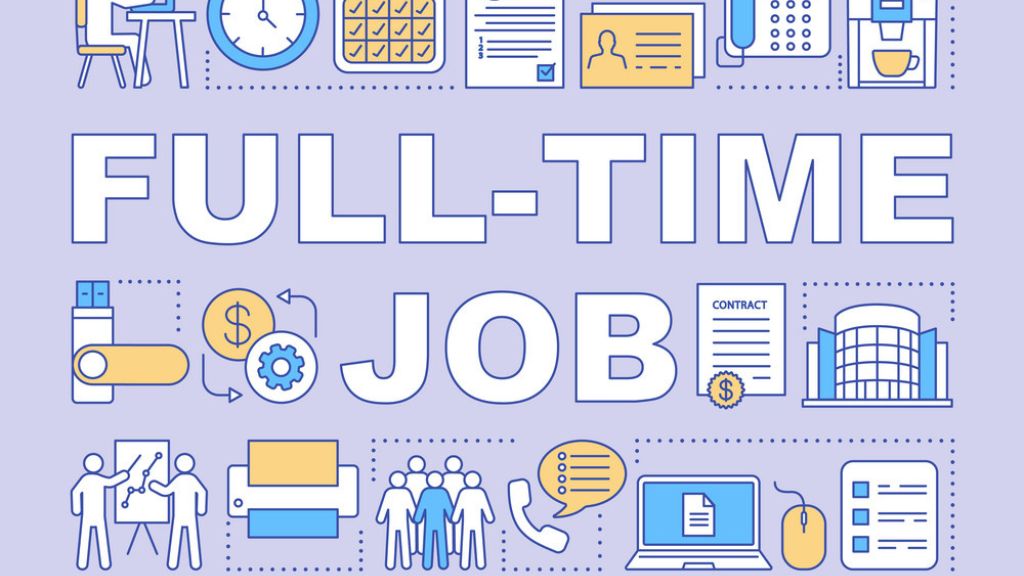
Full-time employment: Advantages and opportunities. | Photo collected.
A full-time worker typically puts in roughly 40 hours a week. Job stability and a guaranteed wage are provided by full-time employment. Other benefits offered by government employment include bonuses, pension benefits, and retirement benefits. Full-time work, however, necessitates a certain degree of education and expertise. Locating a full-time position is not too easy.
Positives and Negatives of Full-Time Employment
Numerous advantages come with full-time work, including retirement plans, health insurance, a reliable paycheck, and job stability. Additionally, there are networking opportunities, advancement opportunities, and other chances to demonstrate one’s abilities in a full-time position.
Working full-time has drawbacks as well. Limitations in flexibility are the biggest drawback. At a full-time job, that means working from 9-5. The worker must arrive at the office on schedule. If a task has a due date, it must be completed on time. Not many opportunities exist for working at your speed. Personal independence is absent from full-time employment. The boss’s requirements must be followed at all times.
It is completely up to you whether you decide to go after a full-time, part-time, or freelance profession. A career can be selected based on your needs and skill set. Get the abilities you need if you want to work as a freelancer. Again, get experience and develop the necessary skills if you choose to work full-time or part-time. Your career decision should undoubtedly be your top priority. Success will then be within your reach.


















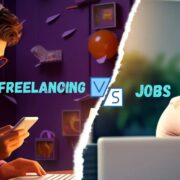








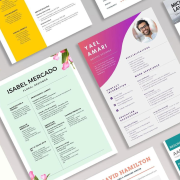

Comments